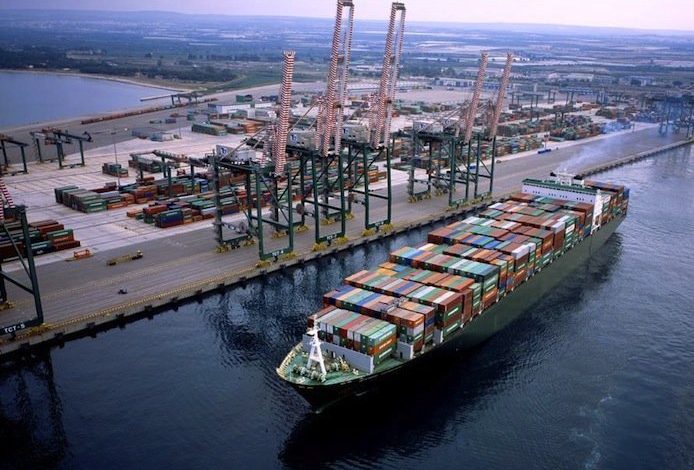EU seeks feedback on antitrust exemption for liner shipping consortia

The European Commission has launched a call for evidence inviting feedback on the performance of the EU legal framework which exempts liner shipping consortia from EU antitrust rules.
The EU’s antitrust arm has also sent targeted questionnaires to carriers, shippers, freight forwarders and port and terminal operators on the impact of consortia between liner shipping companies, as well as of the Consortia Block Exemption Regulation (CBER) on their operations since 2020.
The CBER, which allows, under certain conditions, shipping lines with a combined market share of below 30% to enter into cooperation agreements to provide joint cargo transport services, is due to expire on April 25, 2024.
Interested parties have until October 3, 2022, to submit their comments to the call for evidence and targeted questionnaires.
The feedback collected by the commission will complement the evidence it has collected as part of its sectoral monitoring activities over the last two years.
“The evaluation will help the Commission decide whether the CBER should expire or be extended again, with or without amendments. The Commission will summarise the results of the evaluation in a staff working document that is planned to be published in the last quarter of 2022,” it said in a release.
A recent report by the OECD-affiliated think tank International Transport Forum (ITF) suggested that governments and other jurisdictions have facilitated the rise of ocean freight rates and the current supply chain crisis by creating a supportive legal framework for alliances and consortia.
Last month, ten trade organisations, representing the owners and forwarders, port terminal operators and other parts of the supply chain dependent on container shipping, demanded an immediate start to the CBER review.
They jointly stressed that the benefits of the exemptions from general competition law enjoyed by the liners are not being shared fairly with the rest of the economy and that this in itself constitutes a compelling reason why the Block Exemption should be reviewed urgently.
“The ability of the shipping industry to collectively manage these impacts, and at the same time generate profits totalling over $186bn in 2021, at the expense of the rest of the supply chain, and ultimately Europe’s consumers, demonstrate that something is wrong,” said the signatories, which include CLECAT (European Association for Forwarding, Transport, Logistics and Customs services), FEPORT (Federation of European Private Port Companies and Terminals) and ESC (European Shippers’ Council) amongst others.

When liner trades were governed and policed by conference organizations this position was effectively controlled. Breaking the conference and prostrating business on the altar of market rules only seems to have created the present position. Entirely predictable but the obsession with market forces only as the key driver seems to have backfired. It keeps the bureaucrats happy.